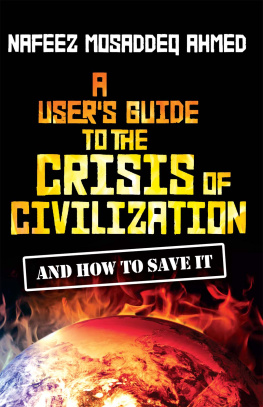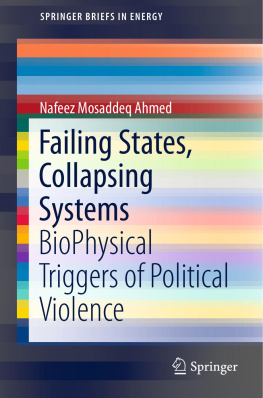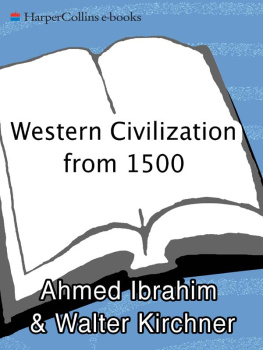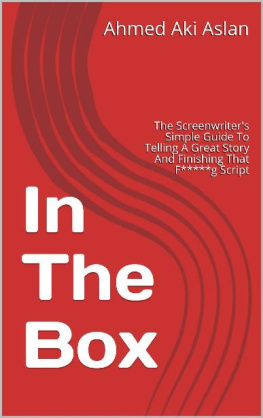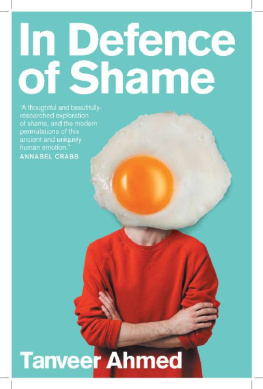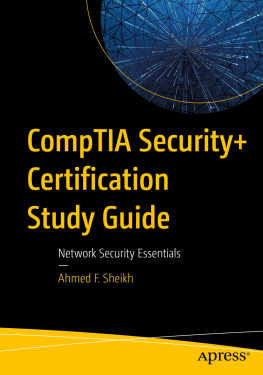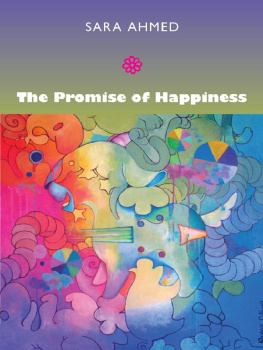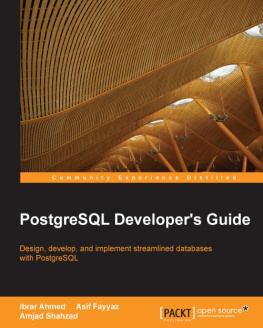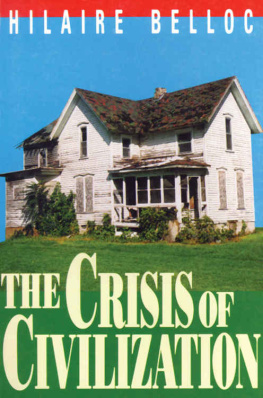First published 2010 by Pluto Press
345 Archway Road, London N6 5AA and
175 Fifth Avenue, New York, NY 10010
www.plutobooks.com
Distributed in the United States of America exclusively by
Palgrave Macmillan, a division of St. Martins Press LLC,
175 Fifth Avenue, New York, NY 10010
Copyright Nafeez Mosaddeq Ahmed 2010
The right of Nafeez Mosaddeq Ahmed to be identified as the author of this work has been asserted by him in accordance with the Copyright, Designs and Patents Act 1988.
British Library Cataloguing in Publication Data
A catalogue record for this book is available from the British Library
ISBN 978 0 7453 3054 9 Hardback
ISBN 978 0 7453 3053 2 Paperback
eISBN 978 1 8496 4791 5
ISBN 978 1 8496 4792 2
Library of Congress Cataloging in Publication Data applied for
This book is printed on paper suitable for recycling and made from fully managed and sustained forest sources. Logging, pulping and manufacturing processes are expected to conform to the environmental standards of the country of origin.
10 9 8 7 6 5 4 3 2 1
Designed and produced for Pluto Press by
Chase Publishing Services Ltd, 33 Livonia Road, Sidmouth, EX10 9JB, England
Typeset from disk by Stanford DTP Services, Northampton, England
Printed and bound in the European Union by
CPI Antony Rowe, Chippenham and Eastbourne
Preface and Acknowledgements
Fragments of the ideas that led me to write this book began surfacing around 2003, but I only began working on the project concertedly around 2006. Since then, it has been a case of trying desperately to keep up with the pace of events. The project is certainly ambitious aiming to demonstrate the interconnection of global crises of ecology, energy, economy and extremism; forecast their probable converging trajectories; diagnose their systemic causes; and finally recommend a series of key structural reforms that demand urgent attention.
Early on, I had wanted to write a quick, populist book summarizing key issues. But I quickly realized that my own ambitions for the project made this virtually impossible as my research progressed, it became unequivocally clear that there was considerable confusion throughout the literature (academic and non-academic) about the subjects I was exploring. While there have been huge quantities of books published separately on different global crises, almost none attempted to understand them collectively and systemically; and those few that tried suffered from considerable deficiencies.
It became clear that a much more rigorous approach was essential. But I was keenly aware that a tome read by only a few scholars would contribute little good to the task of tackling the global crises that this book is concerned with. The book is definitely still a tome, but Ive ensured that it remains accessible to a general audience. While not dumbing it down, Ive taken pains to avoid technical jargon unless it is absolutely necessary, introduce readers to the nuances involved in interpreting the available empirical data on global crises, and walk them through the theoretical issues that arise when analyzing these crises systemic causes and potential solutions.
The source material for the book cuts across a wide variety of disciplines in both harder and softer sciences, including but not limited to Climate Sciences (such as Solar Physics, Atmospheric & Earth Sciences, Oceanography, Geography); Geology; Human Ecology; Development, Monetary and Financial Economics; Security Studies; Systems Theory; International Relations Theory; and Social Theory. This is all tied together by my own distinctive theoretical approach to the study of International Relations, on the linkage between political violence and social crisis in the context of imperial social systems. I am most fortunate to have benefited immeasurably from the guidance and criticisms of an interdisciplinary panel of twelve academic peer-reviewers who provided comments on the parts of the book relevant to their specific area expertise. These are (in alphabetical order): Robert D. Crane, former Deputy Director (for Planning) of the US National Security Council; former foreign policy advisor to President Richard Nixon; co-founder of Center for Strategic and International Studies; David Cromwell, National Oceanography Centre, University of Southampton; Alan Dupont, Michael Hintze Chair of International Security and Director, Centre for International Security Studies, University of Sydney; Daniele Ganser, Lecturer, Department of History, Basel University; former director of Secret Warfare Project and Senior Researcher, Swiss Federal Institute of Technology; Richard Heinberg, Senior Fellow-in-Residence, Post-Carbon Institute; Jon Hughes, former Deputy Editor, The Ecologist; Richard Levins, John Rock Professor of Population Sciences, Department of Global Health and Population, School of Public Health, Harvard University; Simon Mouatt, Senior Lecturer in Economics & Business Modelling, Southampton Business School, Southampton Solent University; Ola Tunander, Research Professor, International Peace Research Institute, Olso; Consultant for Norwegian Ministry of Foreign Affairs, Norwegian Ministry of Defence; Special Expert to Swedish government inquiry into Western covert operations; Jeff Vail, former US Department of the Interior energy infrastructure counterterrorism analyst; former US Air Force intelligence officer; Contributing Editor, The Oil Drum, journal of the Institute for the Study of Energy and Our Future; David Wasdell, Director of the Apollo-Gaia Project; lead scientist on feedback dynamics of complex systems for the Global System Dynamics and Policies Project of the European Commission; Paul Zarembka, Professor of Economics, State University of New York.
I cannot thank the above individuals enough for so generously dedicating their valuable time, despite their own overwhelming work schedules, to contributing their expertise on different areas of the book relevant to their knowledge base, and/or on its overall argument. In particular, I would like to thank Richard Levins and Jeff Vail for perusing almost the entirety of the draft manuscript, and providing detailed comments on most areas of the book. Their wide-ranging feedback allowed me to greatly increase the integrity of the argument. Obviously, the aforementioned bear no responsibility for any mistakes, errors or deficiencies that might remain, which are mine alone.
Others to whom thanks is due include my dedicated team at the Institute for Policy Research and Development: Farid Froghi, Toufic Machnouk, Wasim Ukra, Pedram Emrouznejad, and Aisha Dennis. Thanks also to Roger van Zwanenberg and the team at Pluto Press for their enthusiasm and professionalism in bringing this project to life. Last but not least, I must thank my wife, Akeela, for her years of endurance and support; my daughters Amina and Zainab for their endless enthusiasm; my in-laws for their patience and advice; my sisters for their unspoken patronage; and my parents for their hard work and prayers whatever I have achieved rests on their shoulders.




